Neutrality. When used in the context of wartime, the word implies a political stance favoring neither side in armed conflict.
However, during World War II, alliances and allegiances seemed as confused at times as the fighting itself. Although Axis partners Germany and Italy had provided military assistance to Spanish dictator Francisco Franco’s Nationalist forces during the Spanish Civil War and Franco had given political support to Hitler and Mussolini, his
nation stopped short of joining the belligerent coalition. Franco walked a fine line. He gave tacit approval to his army’s Blue Division fighting alongside the Nazis on the Eastern Front, but he avoided full military cooperation.
Switzerland, probably the most famous of neutral nations, presented a well-armed and defensively prepared problem for the Germans. Although there were a number of skirmishes, particularly between the two nations’ air forces, the Swiss guarded their official neutrality. In recent years, however, embarrassing information has surfaced concerning the financial participation of Swiss banks during the war.
In 1997, Swiss banks released a list of roughly 2,000 names. They belonged to individuals whose deposit accounts had lain dormant for decades following the end of the war. Most of those on the list were victims of the Holocaust. Their heirs are now involved in settling claims against the banks, which evidently failed to pursue the issue of finding the accounts’ rightful owners and profited from the retention of what had grown to approximately $42 million in deposits. That same year, the U.S. government condemned Switzerland for trading in Nazi gold, which may have been looted from Holocaust victims or seized from countries overrun by the German military.
While the Swiss may indeed have cooperated with the Germans to avoid being attacked, then-U.S. Undersecretary of Commerce Stuart Eizenstat said, “Whatever their motivation, the fact that they pursued vigorous trade with the Third Reich had the clear effect of supporting and prolonging Nazi Germany’s capacity to wage war.”
In Vatican City, Pope Pius XII was spiritual leader to millions of Roman Catholics in Allied, Axis, and neutral nations. To complicate matters, his tiny domain was surrounded by the capital of fascist Italy.
The United States itself, while maintaining an officially neutral stance during the early days of the conflict, overtly supported Great Britain. Without a declaration of war, the U.S. Navy escorted convoys to Great Britain and even radioed the positions of German U-boats to Royal Navy warships. On several occasions U.S. vessels exchanged fire with the Germans and lives were lost. At the request of President Franklin D. Roosevelt, the U.S. Congress passed the Lend-Lease Act, which authorized the shipment of millions of tons of war materiel from the neutral United States to Britain.
One of its most important natural resources, iron ore, made Sweden’s neutrality precarious from the beginning of hostilities. Since the ore was vital to the German war machine, the Swedes were faced with the reality that they would either cooperate and conduct trade with Nazi Germany or invite an attack.
Details of the diplomatic wranglings during the war continue to surface more than half a century after its end. “In the unique circumstances of World War II, neutrality collided with morality,” noted a 211-page report issued five years ago by the U.S. government. “It is painfully clear that Argentina, Portugal, Spain, Sweden, Switzerland, Turkey and other neutral countries were slow to recognize and acknowledge that it was not just another war. Most never did.”
The extraordinary global destabilization before, during, and after World War II gave rise to political entanglements of such complexity that the full story of the involvement of many nations may never be fully known. However, it is readily apparent to both the scholar and the casual student of the conflict that neutrality tinged with national self-interest contributed to making World War II truly global in nature.
Michael E. Haskew
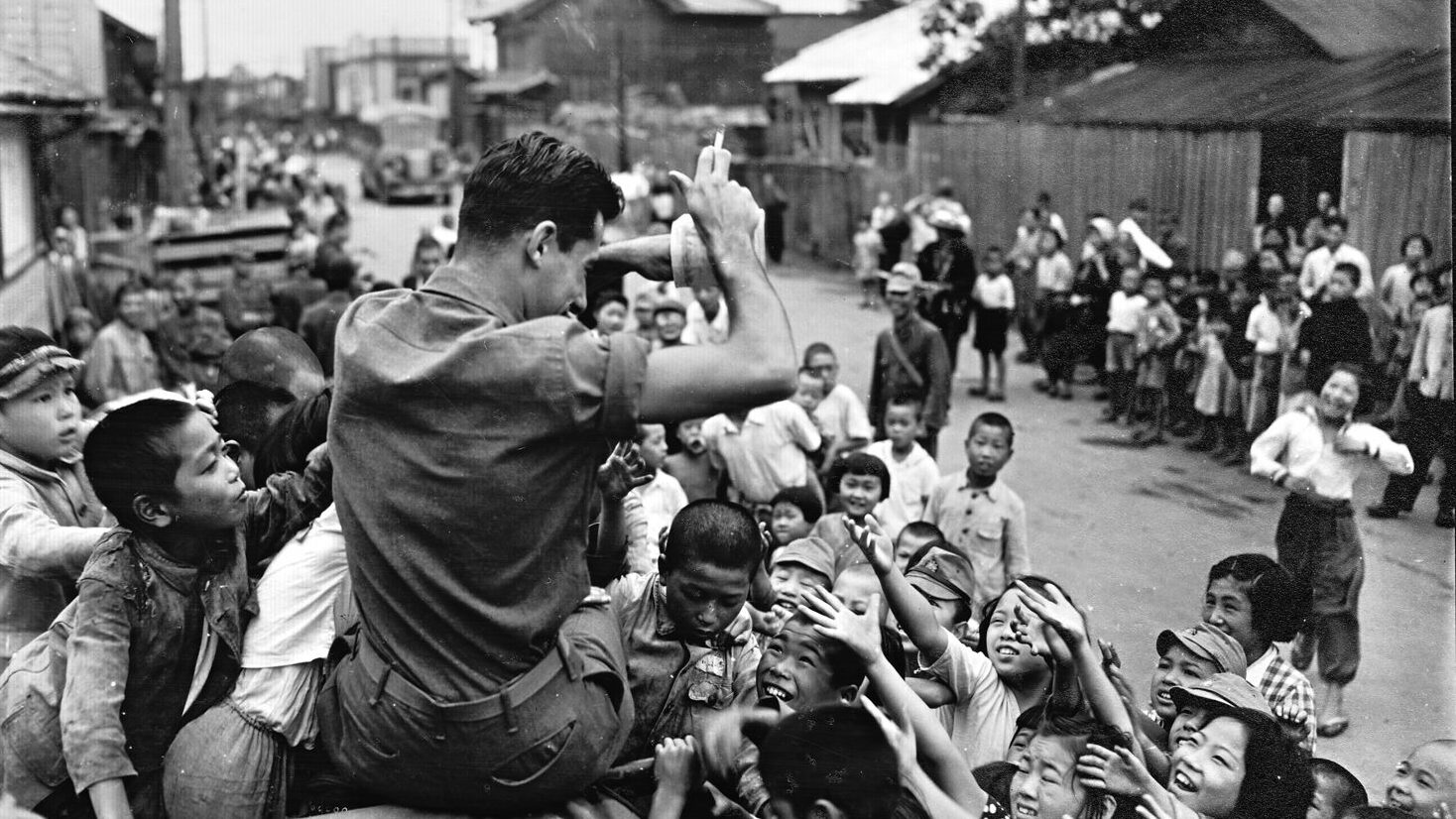
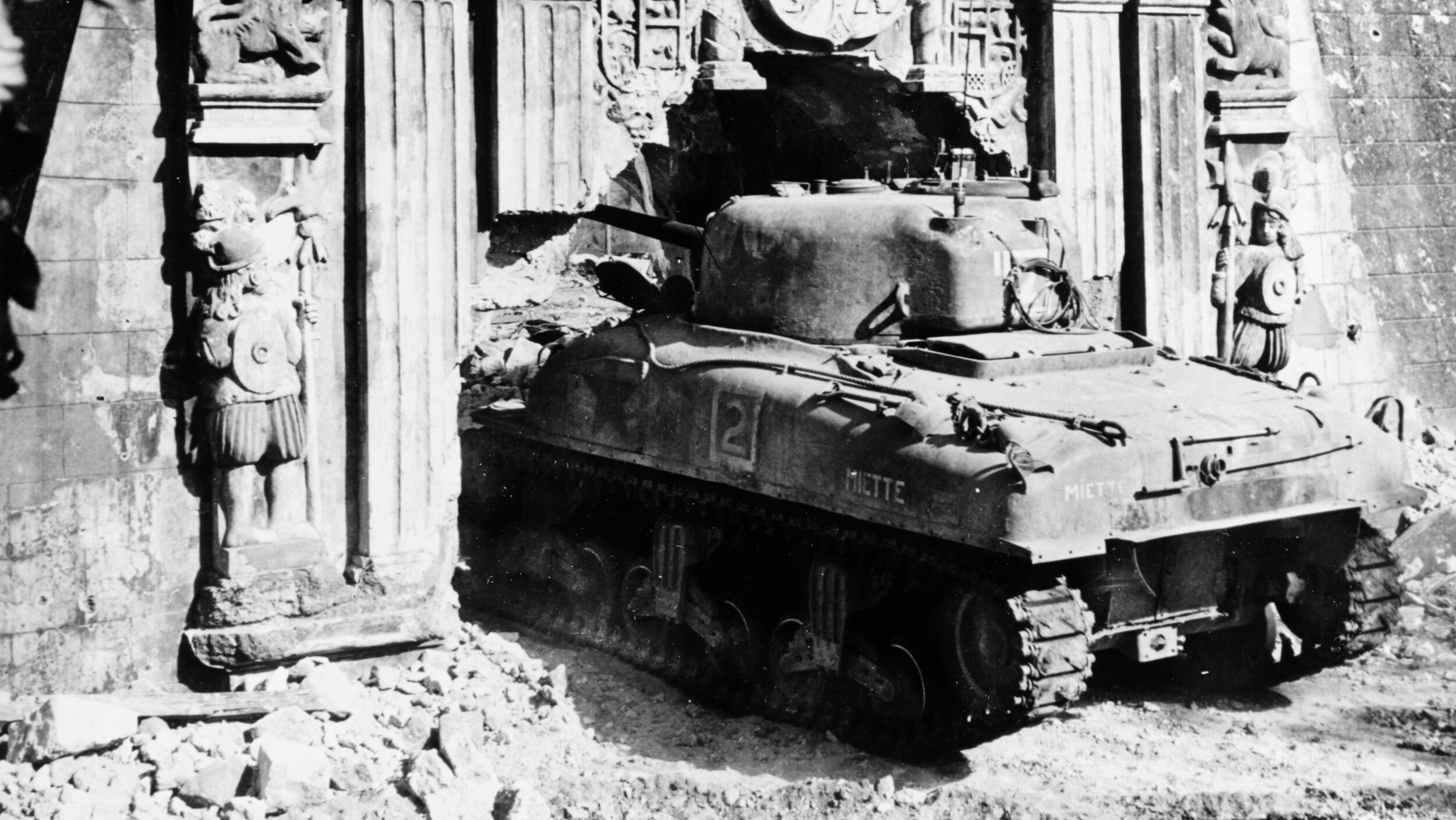
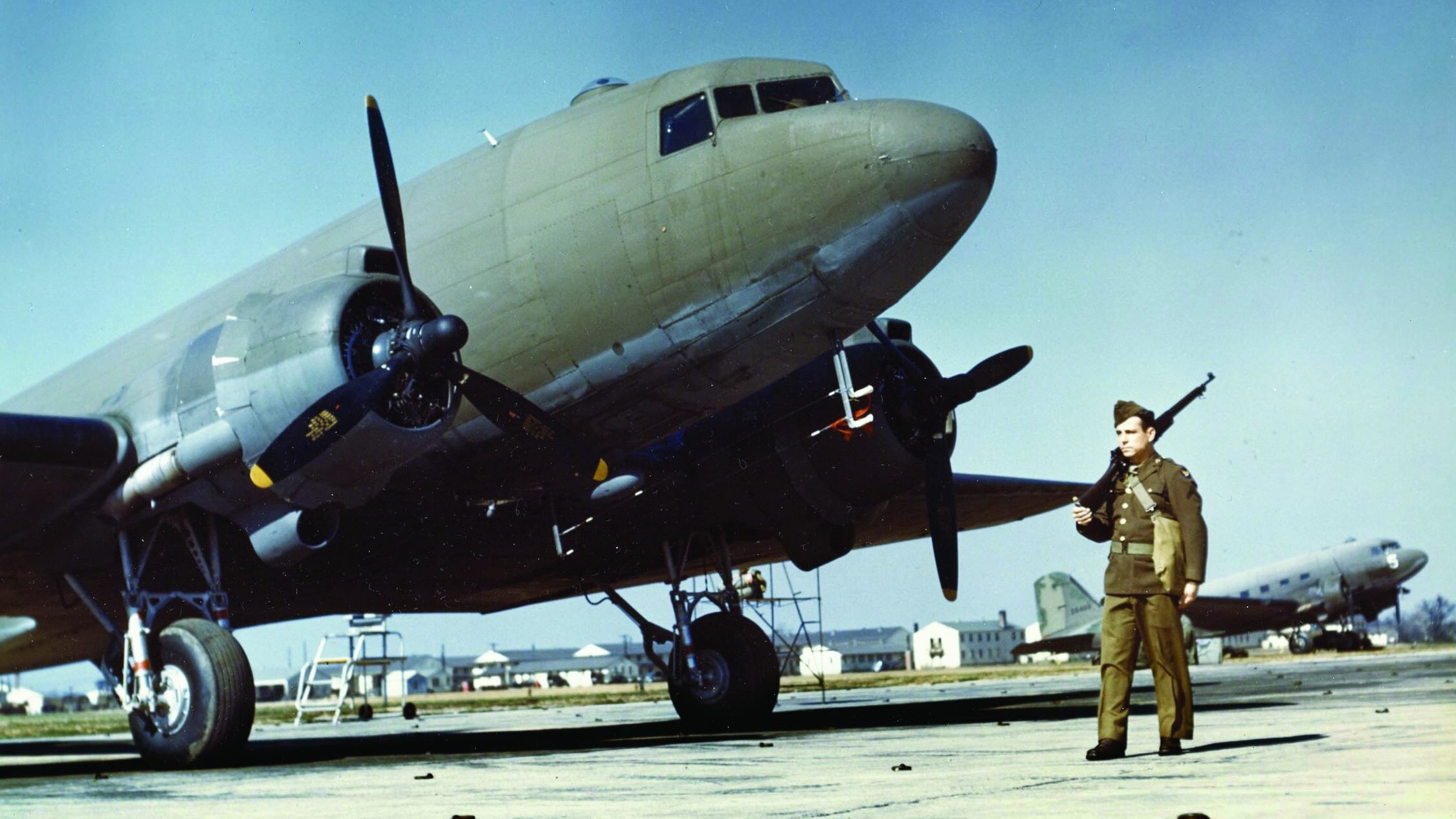
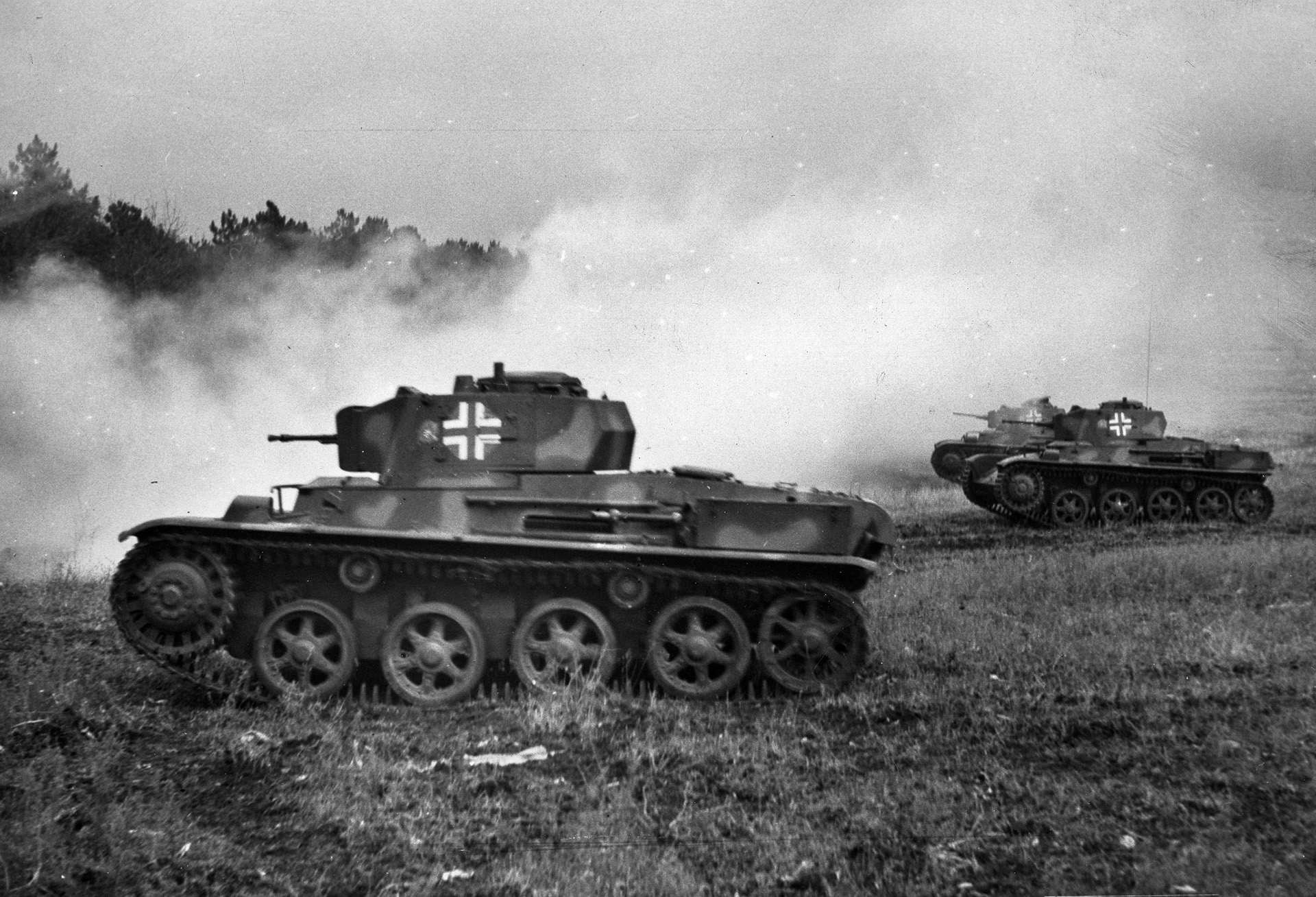
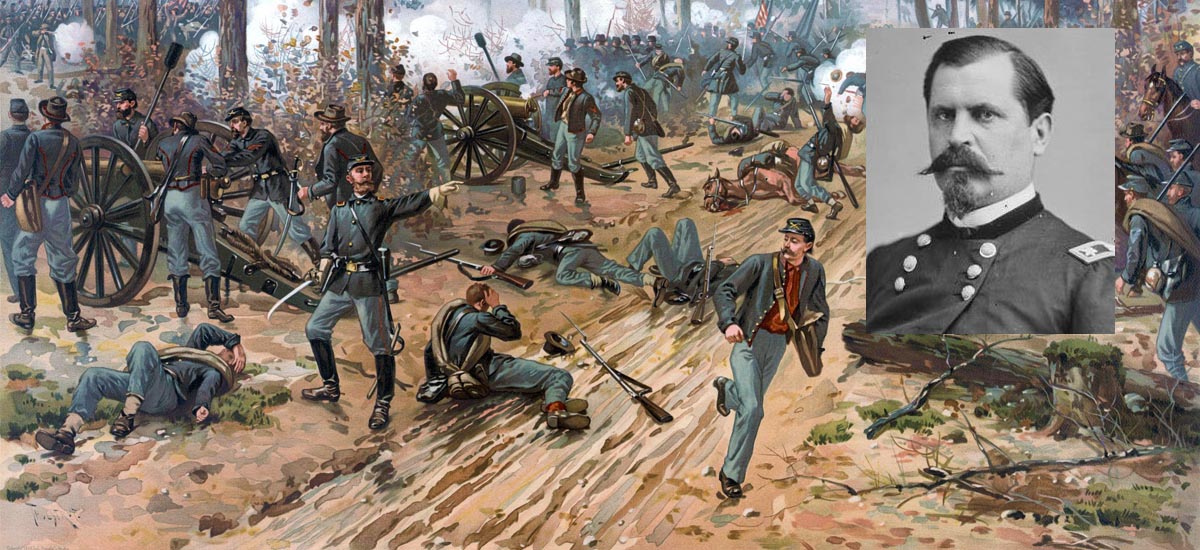
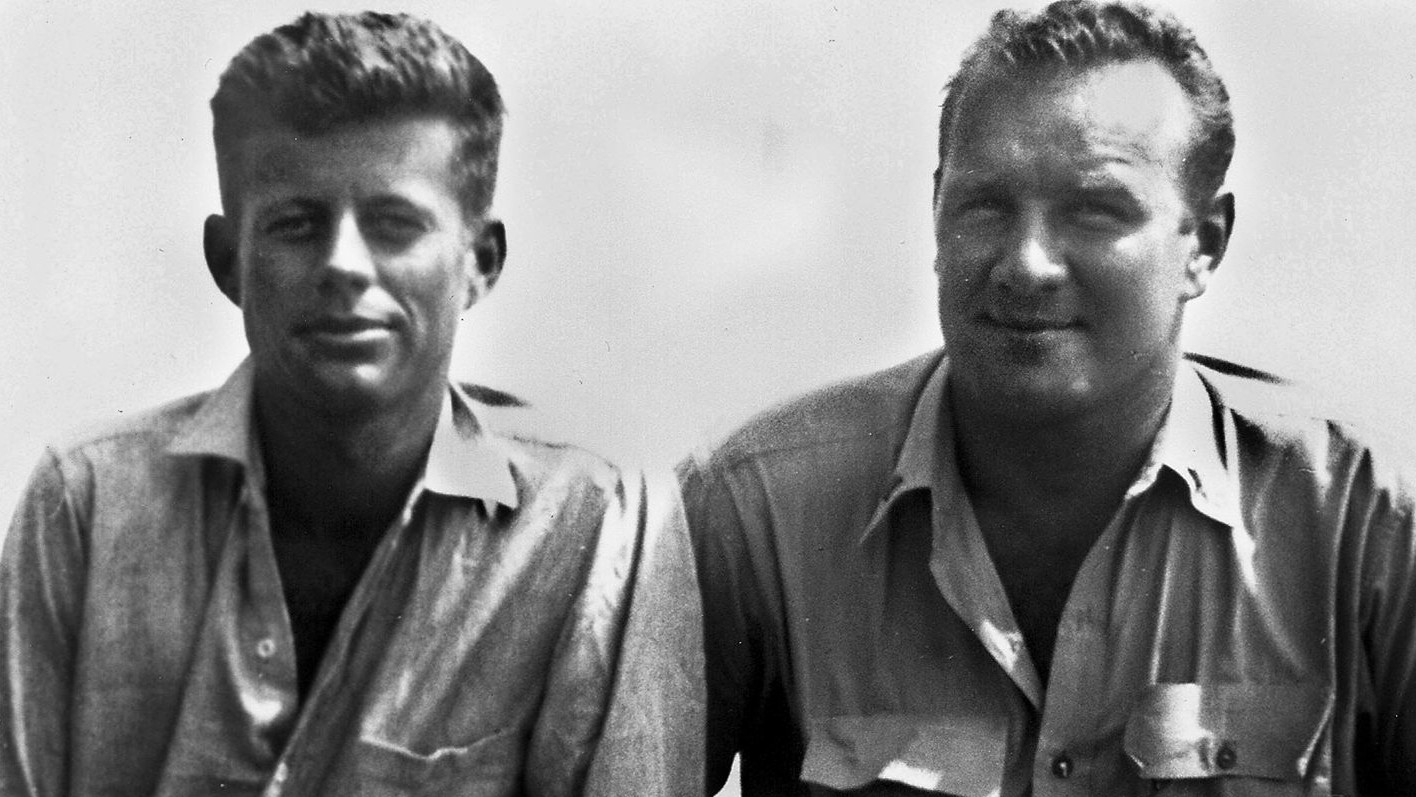
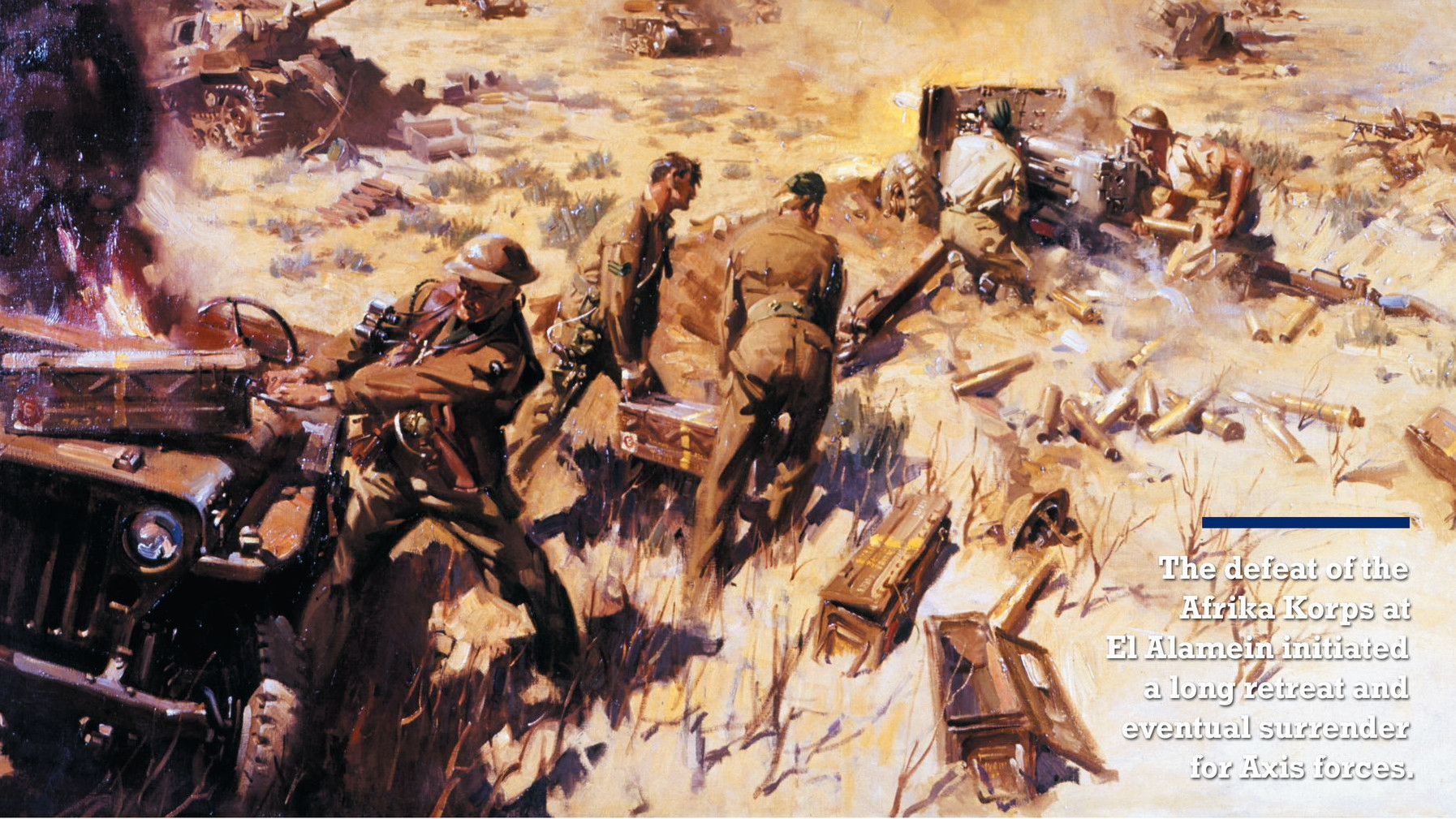
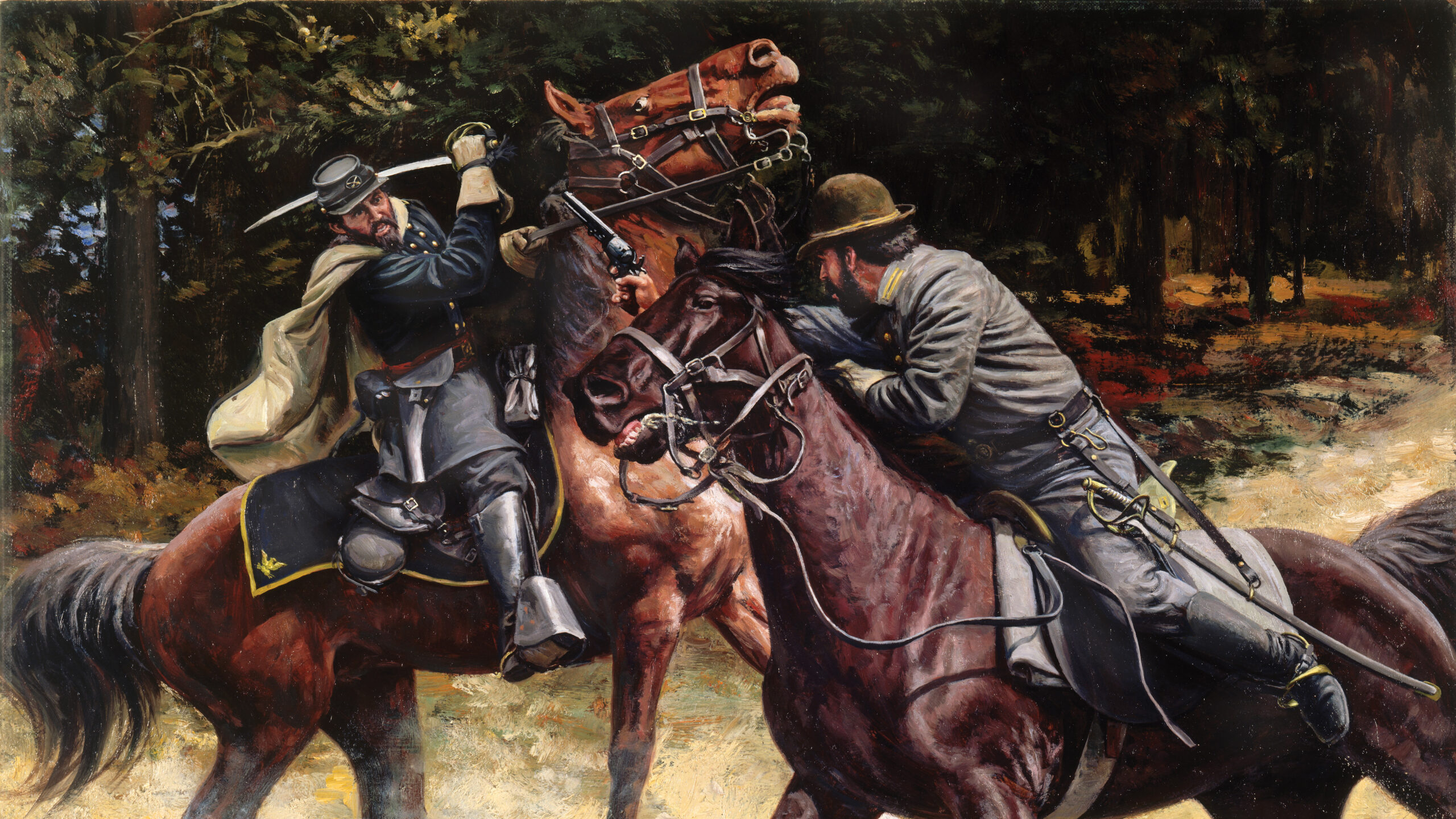
Join The Conversation
Comments
View All Comments